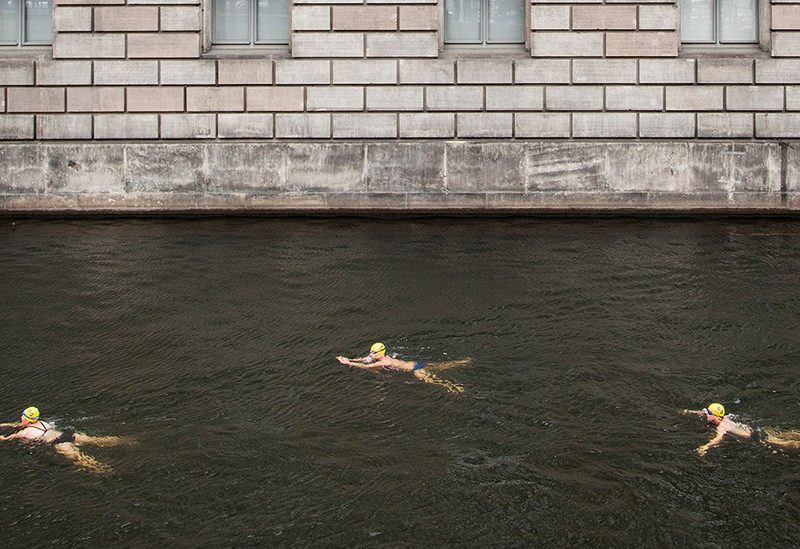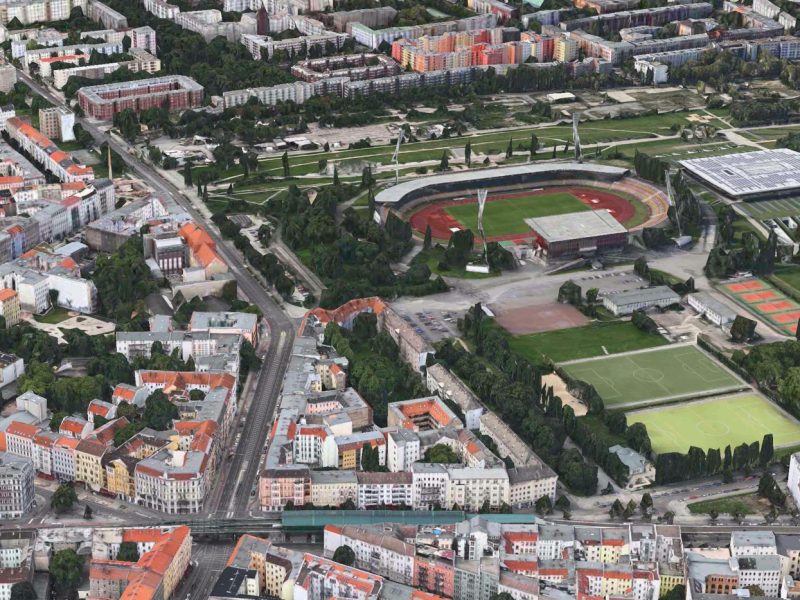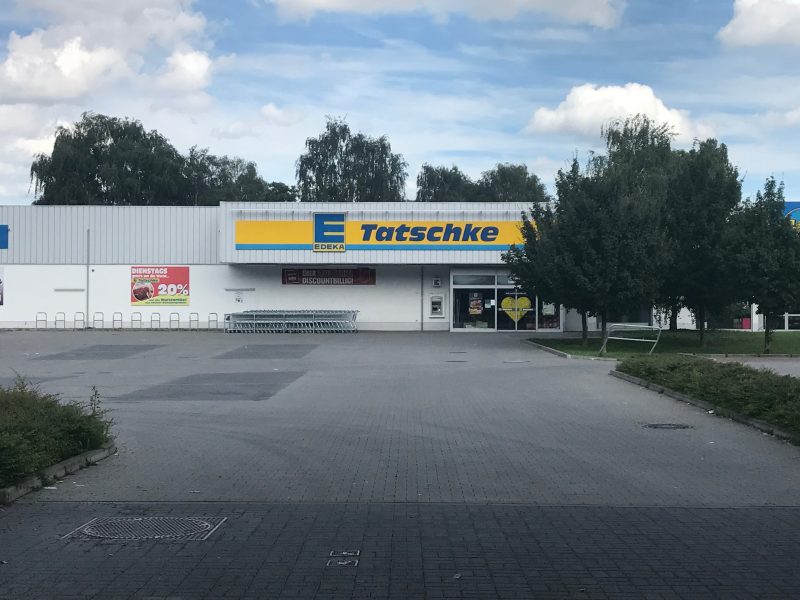Berliner Flussarbeiten (2) - Mitte aus dem Ruder [Studio]
Kursbeschreibung
Teaching
Die Werkstattreihe Straßenarbeiten/Flussarbeiten untersucht seit 2011 lineare Strukturen in Berlin und anderen europäischen Großstädten (London, Zürich). Dieses Semester erkunden wir den Spreeraum in Berlin Mitte. Hypothese: keine städtebauliche Situation ist zu verkrampft, dass sie sich nicht von Potenzialen durchfließen lässt; trotz aller Evidenzen bleibt Mitte ein geeigneter Raum für wilde Fantasien. Die Initiative „Flussbad Berlin“ sehen wir als mögliche Bresche. Kann die Transformation eines ungenutzten Spreekanals in einen sauberen Fluss / Bad mitten in der Stadt eine positive Kontamination der umliegenden (grauen) Bausubstanz initiieren? Eine definitive Rückkehr des Zweifelns, nach Jahren eindeutiger Einsätze? Im Spiel: Gemeingüter als Mulden Urbanität und sozialer Vielfalt, die Entstehung neuer Ökologien in der Stadt, die innere Kolonisierung und Sedimentation aller möglichen Baustrukturen – selbst Attrappen und tristen Monstern aus der 90er Jahren. Methodik: präzise/sensible Untersuchung, Dokumentation und Kartierung des Umfelds des künftigen Flussbads Mitte. Ziel: während des intensiven 5-wöchigen Workshops werden städtebauliche „Prototypen“ und Zukunftsszenarien entwickelt für eine wildere, unschärfere Mitte.
In Koop. mit Flussbad Berlin e.V.
(fig: Spree am Bodemuseum, A. Hausschild / OSTKREUZ)


